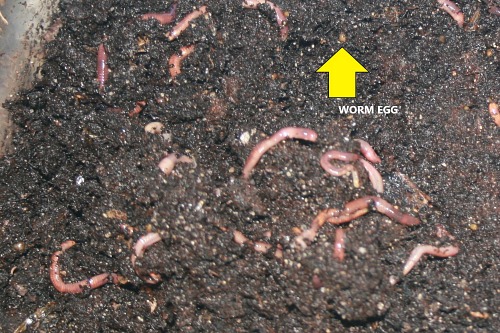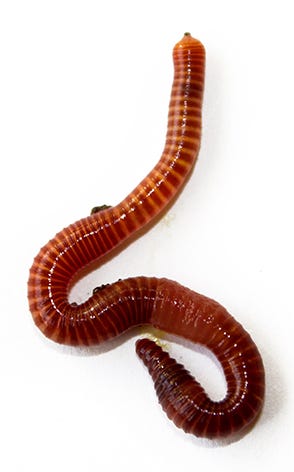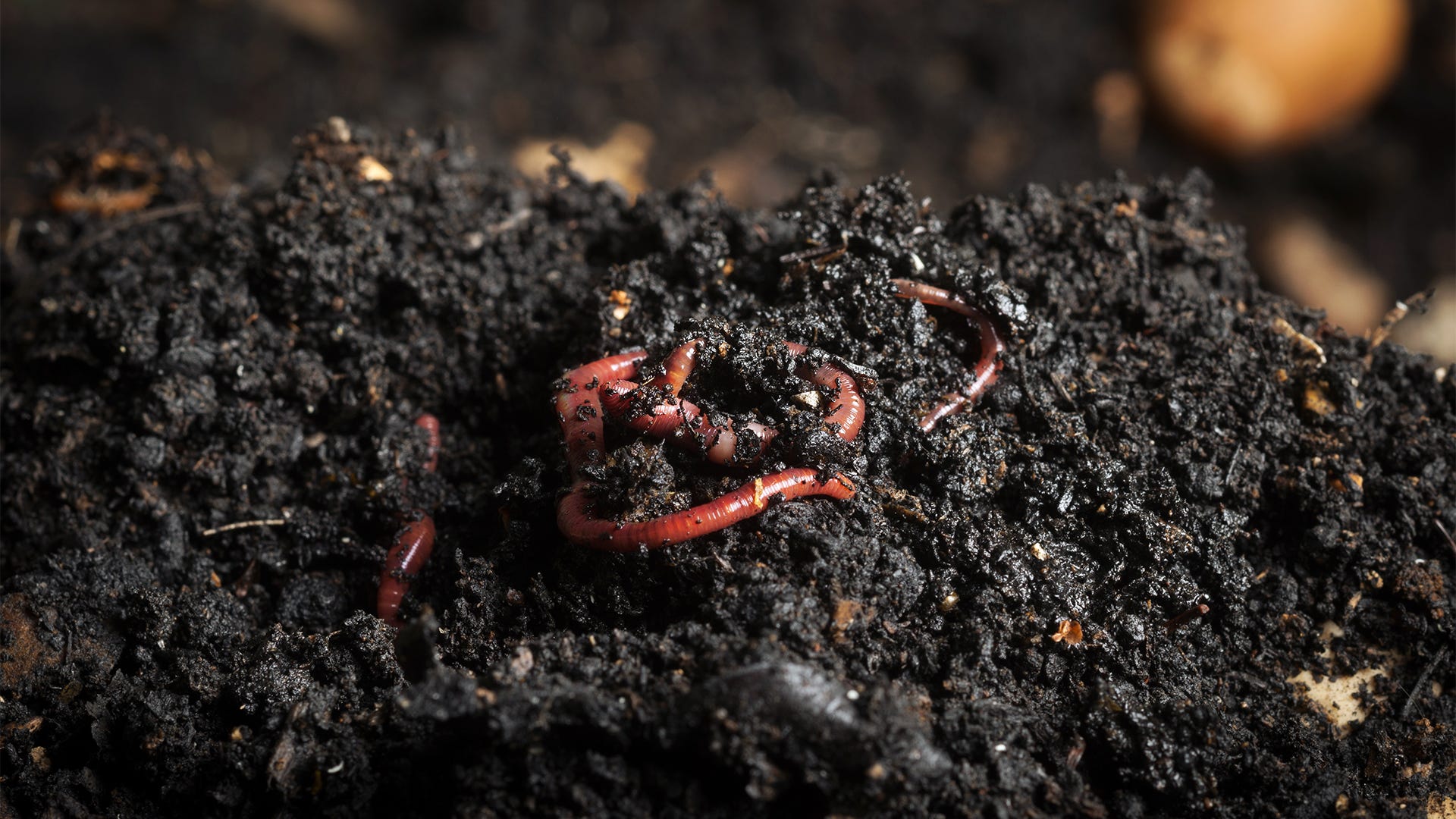Red Wiggler Worms Demystified: Unlocking the Secrets of Vermiculture for Greener Living and Nutrient-Rich Soil
In the realm of lasting techniques for enriching soil quality and advertising eco-conscious living, red wiggler worms play an essential yet usually ignored function. Red Wiggler Worms. Understanding the details of caring for these worms, enhancing their atmosphere, and harnessing their spreadings can lead to a greener way of life and healthier dirt for plants to thrive.
The Role of Red Wiggler Worms
Red Wiggler worms play an important role in composting systems by efficiently damaging down raw material into nutrient-rich castings. These starved eaters take in a variety of natural materials, such as kitchen scraps, backyard waste, and paper products. As they feed, the worms' gastrointestinal processes damage down the raw material right into a fine, dark, and nutrient-dense product called worm castings or vermicompost.
The spreadings generated by Red Wiggler worms are very useful for dirt wellness and plant growth. They are rich in crucial nutrients like nitrogen, potassium, and phosphorus, which are crucial for sustaining healthy and balanced plant development. Furthermore, worm spreadings consist of beneficial germs and enzymes that help enhance dirt structure, boost water retention, and improve nutrient uptake by plants.
Benefits of Vermicomposting

It improves soil framework, enhances soil aeration, and boosts soil dampness retention. Vermicompost likewise enriches the dirt with vital nutrients like phosphorus, potassium, and nitrogen, promoting plant development and general dirt fertility.
In addition, vermicomposting assistances sustainable horticulture techniques by supplying a all-natural and chemical-free alternative to synthetic fertilizers. Red Wiggler Worms. This eco-friendly technique not just improves the dirt yet also helps decrease reliance on dangerous chemicals, advertising a greener and much more lasting means of horticulture
Setting Up a Worm Bin
When developing a worm container for vermicomposting, correct arrangement is important to make sure the success of the composting procedure. The initial action in establishing up a worm bin is selecting an ideal container.
After adding the bedding, present the red wiggler worms to the container. It is suggested to start with a handful of worms and gradually raise as they increase. The worms must then be provided with food scraps such as vegetables and fruit peels, coffee premises, and eggshells. It is necessary to stay clear of adding meat, dairy, oily, or salty foods to protect against attracting parasites Visit Website and developing undesirable smells.
Regularly monitor the dampness levels and temperature in the worm container to guarantee optimal conditions for the worms. With proper arrangement and maintenance, the worm bin will effectively transform organic waste right into nutrient-rich compost for your plants and yard.
Harvesting Worm Castings
To successfully collect nutrient-rich worm castings from your vermicomposting system, an organized harvesting method is necessary. When it comes time to harvest the worm castings, there are a couple of key steps to comply with to make sure an effective procedure.

Troubleshooting Common Issues
Determining and addressing common challenges that might emerge throughout the vermicomposting procedure is crucial for maintaining a healthy and productive worm container. One usual concern that vermicomposters experience is overfeeding. Including excess food scraps can lead to a build-up of wetness and acidity in the worm container, potentially hurting the worms. To avoid this, feed link the worms in small amounts, making certain that the food scraps are appropriately broken down prior to adding a lot more. One more concern is undesirable smells rising from the worm container. Foul scents show anaerobic conditions, normally created by overwatering or insufficient ventilation. To correct this, change the moisture levels by adding dry bed linens materials like shredded newspaper or cardboard and increase aeration by turning the bedding frequently.
Additionally, if the worm populace is declining or the worms appear harmful, it could be because of environmental stress factors such as extreme temperatures or pH degrees. Keeping an eye on these aspects and making essential changes is crucial for the health of the worms. By repairing these typical issues without delay, vermicomposters can make certain a effective and smooth vermicomposting process while preserving a prospering worm populace.

Final Thought
In verdict, red wiggler worms play an essential role in vermiculture by damaging down natural issue right into nutrient-rich dirt. Establishing up a worm container is essential for successful vermiculture, and i was reading this gathering worm castings offers useful compost for horticulture.
As they feed, the worms' digestion procedures break down the natural matter into a penalty, dark, and nutrient-dense material recognized as worm castings or vermicompost.
The spreadings created by Red Wiggler worms are highly advantageous for dirt health and wellness and plant growth. Including excess food scraps can lead to an accumulation of moisture and level of acidity in the worm bin, possibly damaging the worms.Furthermore, if the worm population is decreasing or the worms appear unhealthy, it could be due to environmental stressors such as severe temperature levels or pH degrees. Setting up a worm container is important for effective vermiculture, and gathering worm castings offers important compost for horticulture.